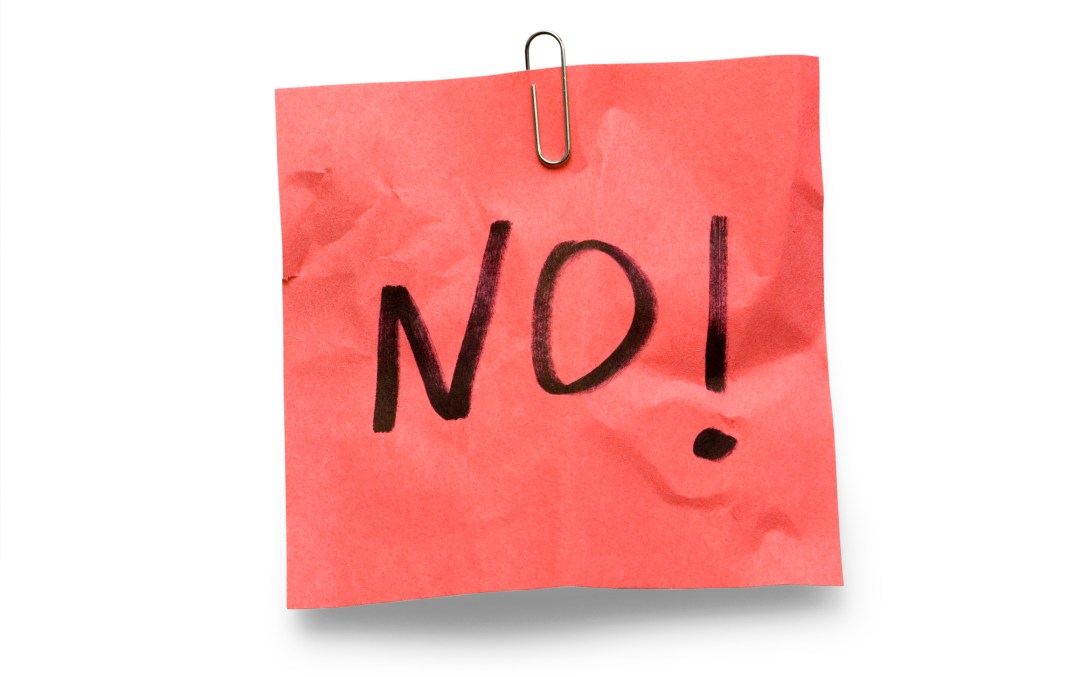Getting rid of the disease to please
Oliver Burkeman focuses on tiny changes with the biggest impact. This month, we explore the one-word antidote - how to say no!

The idea
In a world in which work is, effectively, infinite – there are always more emails and further demands on your time – it isn’t selfish to say ‘no’. On the contrary, it’s crucial for doing your job well. (An overly demanding boss may think he never wants you to say no, but he’s wrong if the result is poor work.) It’s vital in relationships, too.
But, our psychology can work against us: we fear conflict; disappointing others; or seeming less than super capable. So, should you err on the side of people-pleasing, thus becoming overworked and resentful; or ignore others’ needs, which seems rude? Neither. The trick is to grasp that pleasing people, or doing what you think will please them, isn’t the same as actually helping them. ‘No’ is rarely pleasing – but it’s often helpful.
How to make it happen
Force a pause
We are most at the mercy of our people-pleasing emotions in the minutes after receiving a request. So, make yourself wait before replying. You can still be polite, whether in person or over email, but pause before committing to a decision. You’ll gain valuable time to think about the wording of your ‘no’, making it easier to say.
Be helpful, not pleasing
This is where you switch to the asker’s perspective: since they can’t have your assistance in that particular way, how would you be willing to help? Maybe there’s someone else you can recommend, or something smaller you could do. ‘Helpful’ doesn’t have to always mean ‘nice’. For certain persistent askers, it might be most helpful, in the long run, to ask them to stop making requests or, in extreme cases, to refuse to respond.
Shut it down
As Christine Carter, author of The Sweet Spot (Random House, £20), points out, plenty of research suggests that we regret decisions less when they are irreversible. So, say a firm ‘no’. It might seem scarier in the moment, but you’ll end up brooding over it less.
Oliver Burkeman is author of ‘The Antidote: Happiness For People Who Can’t Stand Positive Thinking’ (Canongate, £8.99)
Photograph: iStock








